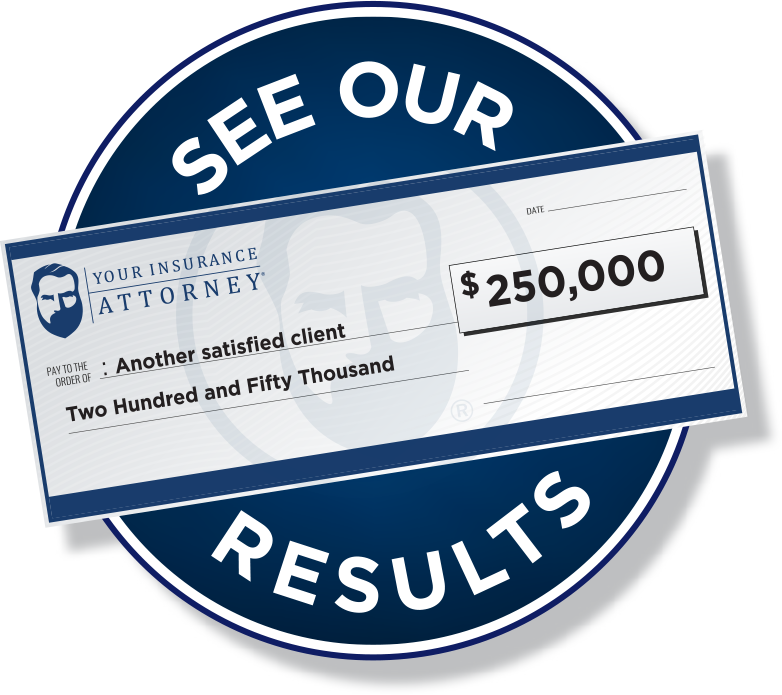
Every 22 minutes, a car crash rattles Orlando’s roads. That’s more than 23,000 accidents a year. Maybe it’s the swarm of lost tourists staring at GPS screens. Maybe it’s the daily I-4 chaos. Whatever the cause, the wreck is just the beginning of the nightmare.
After the accident, the real fight starts—with the insurance company. They’ll delay, deny, and lowball, all while pretending they have your best interests at heart. Meanwhile, medical bills pile up, workdays slip away, and stress levels skyrocket.
This is where we come in. At Your Insurance Attorney, we don’t let insurance companies play their games. We get results—over $1 billion recovered for our clients. If a car accident injured you or someone you love, call us at 888-570-5677 for a free consultation. No upfront costs. No fine print. Just justice. As your trusted Orlando car accident lawyer, we’re here to fight for you every step of the way.
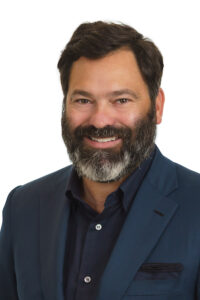 Insurance companies have one goal: to pay out as little as possible. They’ll act friendly, throw around words like “fair” and “reasonable,” and pretend they have your best interests at heart. But when it comes time to actually compensate you, they’ll stall, dispute, and offer you a fraction of what your case is worth.
Insurance companies have one goal: to pay out as little as possible. They’ll act friendly, throw around words like “fair” and “reasonable,” and pretend they have your best interests at heart. But when it comes time to actually compensate you, they’ll stall, dispute, and offer you a fraction of what your case is worth.
We don’t play along. At Your Insurance Attorney, we’ve spent years taking on the big insurance companies and winning. Our team has secured over $1 billion in settlements and verdicts for our clients because we refuse to accept lowball offers or let insurers dictate the terms. If they won’t pay what’s fair, we take the fight to court.
For car accidents, the wrong move—like saying the wrong thing to an adjuster—can cost you thousands. That’s why you need an Orlando personal injury attorney who’s been through this fight before.
We handle all types of car accident claims, including:
Insurance companies love to pretend these cases are simple. They’re not. That’s why we fight aggressively to make sure you get every dollar you deserve.
We believe everyone deserves top-tier legal representation—not just people who can afford expensive attorneys. That’s why we work on a contingency fee basis.
Insurance companies are banking on you giving up. We make sure that doesn’t happen.
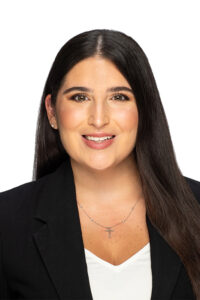
A car accident doesn’t just wreck your vehicle—it wrecks your finances. The repair shop hands you a bill that looks like it belongs to a luxury vacation. The hospital sends invoices before you’ve even made it home. Missed paychecks stack up, and suddenly, your bank account takes more damage than your car.
The insurance company will pretend to be helpful, but their goal is to pay as little as possible. They’ll throw out a lowball number, hoping you’ll accept it and move on. That’s a mistake. A settlement should cover more than just the bills in front of you—it should compensate for everything the accident has cost you, past and future.
Economic damages are the easiest to prove because they come with receipts. These include:
Insurance companies love to dispute these numbers. They’ll claim your medical treatment wasn’t “necessary” or that you could have returned to work sooner. A strong legal team fights back by gathering medical records, employment documents, and expert testimony to prove the true cost of your accident.
Some losses don’t come with a receipt. That doesn’t mean they don’t exist. Florida law allows victims to recover non-economic damages if they suffered a permanent injury (Fla. Stat. § 627.737). These damages include:
Insurance adjusters hate non-economic damages. They’ll argue that you’re exaggerating or that your suffering isn’t worth much. But Florida courts allow juries to decide these damages based on testimony, medical records, and expert opinions. A good attorney makes sure your story is heard.
Most car accident cases focus on compensating the victim, but some cases go further. If the at-fault driver acted with gross negligence or intentional misconduct, the court may award punitive damages (Fla. Stat. § 768.72). These damages punish the driver and deter similar behavior.
Punitive damages apply in cases involving:
Florida law caps punitive damages at three times the amount of compensatory damages or $500,000, whichever is greater (Fla. Stat. § 768.73). While rare, these damages send a clear message—reckless drivers should pay for more than just the damage they caused.
Orlando isn’t just home to theme parks and sunshine—it’s also home to some of Florida’s most dangerous roads. Between the daily commuters, lost tourists, and a never-ending stream of rideshare drivers, crashes happen constantly. Some roads see accidents every single day.
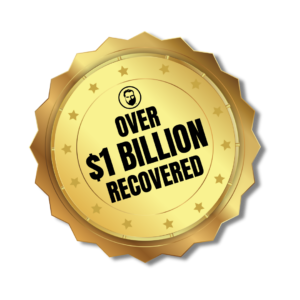
The numbers paint a clear picture—Orlando drivers are at risk every time they hit the road.
Orlando’s roadways weren’t designed for the sheer volume of people using them today. The combination of aggressive local drivers and confused out-of-towners creates constant traffic hazards. Some key factors leading to these accidents include:
Every wreck has a cause. Sometimes, it’s a driver who wasn’t paying attention. Other times, it’s a mechanical failure, hazardous road conditions, or a combination of factors. Florida law (Fla. Stat. § 316.1925) requires drivers to operate their vehicles with “due care”, meaning they must avoid actions that put others in danger. When they fail to do that, people get hurt.
Some crashes are predictable, like rear-end collisions during rush hour. Others come out of nowhere, like a drunk driver blowing through a red light at full speed. No matter how they happen, certain types of accidents are more likely to cause serious injuries and legal battles.

Some injuries heal with time. Others don’t. Car crashes hit the human body with forces it wasn’t built to handle, twisting spines, jarring brains, and breaking bones. Florida law (Fla. Stat. § 627.737) allows accident victims to recover non-economic damages (pain and suffering, mental anguish, etc.) only if they suffer a “permanent injury”—something insurance companies love to dispute.
Florida’s car accident laws create a maze of insurance claims, legal loopholes, and liability disputes. Most people assume the driver who caused the crash automatically pays for the damages. That’s not how it works here. Instead, Florida operates under a no-fault insurance system, which means your own insurance covers your initial medical bills, no matter who caused the accident. But that’s only the beginning.
Personal Injury Protection (PIP) insurance pays up to $10,000 for medical expenses and lost wages after a crash—regardless of who was at fault. The goal is to keep minor injury claims out of court and streamline the process.
Here’s where it gets tricky:
Florida’s no-fault system works for minor fender benders, but what about serious, life-changing injuries? That’s where the serious injury threshold comes into play.
If an accident causes any of the following, you can step outside the no-fault system and sue the at-fault driver for pain and suffering, emotional distress, and full financial damages:
PIP covers only a fraction of the costs in these cases. A lawsuit forces the at-fault driver’s insurance to pay for medical expenses, lost income, and long-term care. The problem is that insurance companies will fight tooth and nail to claim injuries don’t meet the threshold, hoping to avoid a lawsuit altogether.
Florida follows a modified comparative negligence rule (Fla. Stat. § 768.81). This means:
For example:
Insurance companies know exactly what they’re doing. The adjuster on the phone might sound friendly, sympathetic even. But behind the scripted apologies and “we’re here to help” routine, they’re calculating how to pay you as little as possible. They’ve handled thousands of claims, and they’ve mastered the art of making accident victims accept less than they deserve.
Every delay, every request for more paperwork, every “this is our best offer” is a tactic. And if you don’t know how to fight back, you’ll walk away with a check that barely covers your hospital bill.
One of the oldest tricks in the book. Shortly after the accident, an adjuster rushes to offer a settlement, hoping you’ll take the money before realizing how much your case is actually worth. It sounds tempting. Bills are piling up. You’re missing work. A check in your hand feels better than an ongoing fight.
But here’s what they won’t tell you:
This first offer almost never covers the full cost of medical treatment, lost wages, and pain and suffering. Adjusters hope you’ll sign quickly, before you realize how much money they’re saving at your expense.
Insurance companies love to stall. The longer they take, the more desperate you get. They’ll:
Meanwhile, your bills keep coming. Your savings shrink. The stress builds. And that’s exactly what they want. When people feel pressured, they accept lower settlements just to end the hassle.
Even when the other driver ran a red light, rear-ended you in stop-and-go traffic, or was caught on camera, insurance companies still look for ways to deny fault. Florida’s modified comparative negligence rule gives them an opening—if they can shift at least some blame onto you, they reduce what they owe.
Some common excuses include:
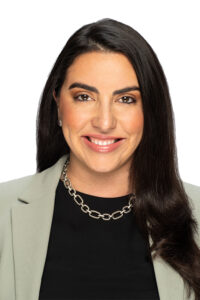
Anything you say can and will be used against you. Insurance companies record phone calls, take notes, and look for any excuse to twist your statements.
Even casual conversation gets used to downplay injuries. If you tell an adjuster you’re “getting better,” they take that as proof you don’t need more compensation.
Insurance companies aren’t doctors, but that won’t stop them from acting like they know exactly how much treatment you need.
Insurance companies know most people won’t fight back. They count on it. They throw out a lowball offer, stall the process, and hope you’ll get tired enough to take whatever scraps they give you. That’s how they stay profitable—by paying victims less than they deserve.
You don’t have to play their game. At Your Insurance Attorney, we take the fight to them. We’ve recovered over $1 billion for our clients, and we’re ready to do the same for you.
Call us at 888-570-5677 for a free consultation.
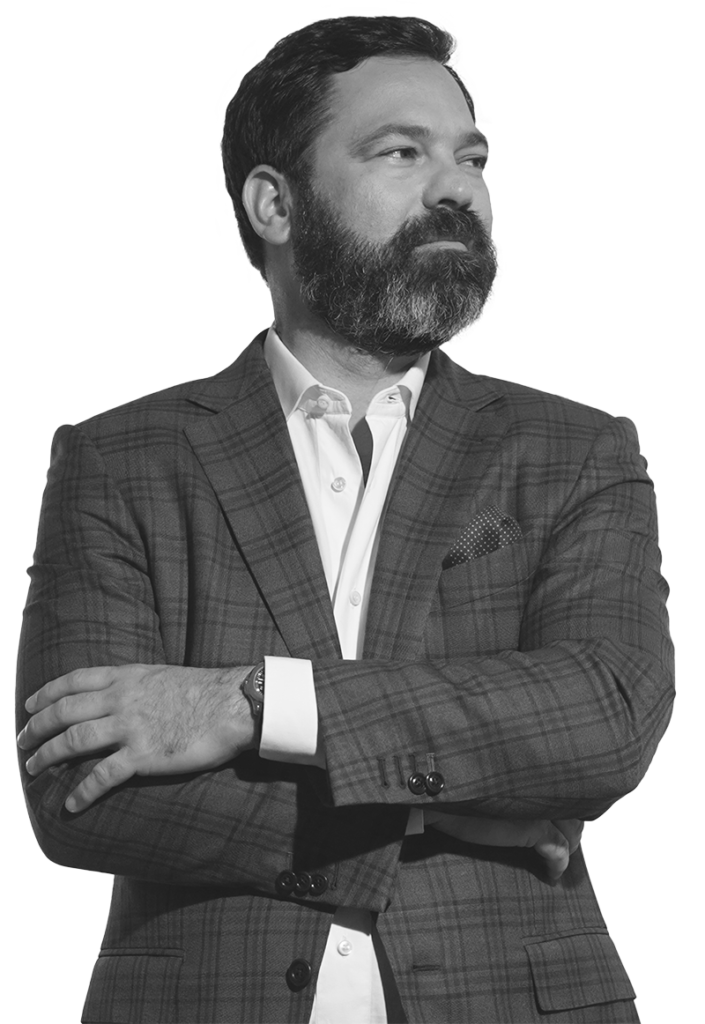
You handle personal injury,
property damage, and health
claims. How do you do it all?
What does “we don’t get
paid until you do” mean?
Why should people speak
with YIA first before calling
their insurance company?

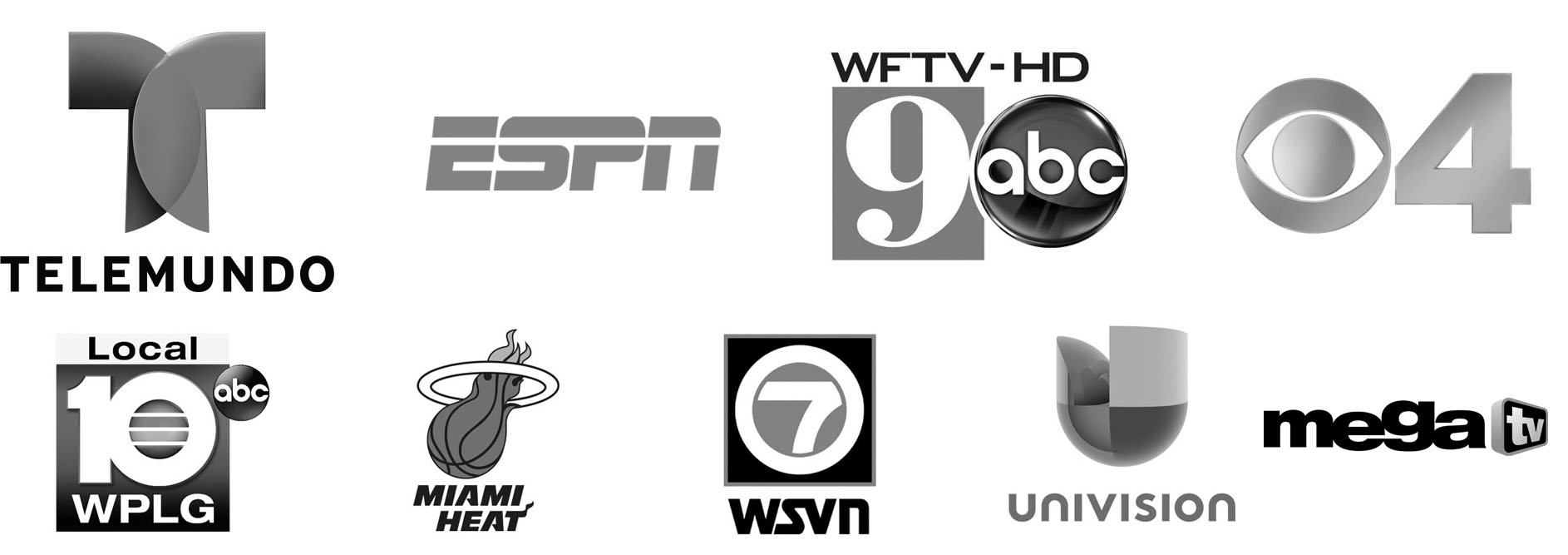
2300 Maitland Center Parkway
Suite 122
Maitland, Florida 32751
180 E Ocean Blvd
Suite 1100
Long Beach, CA 90802
We truly care about getting the best results for you. Our goal is to help you through powerful representation from start to finish. We work with clients all over the states of Florida, Georgia, Colorado, North Carolina, and California.